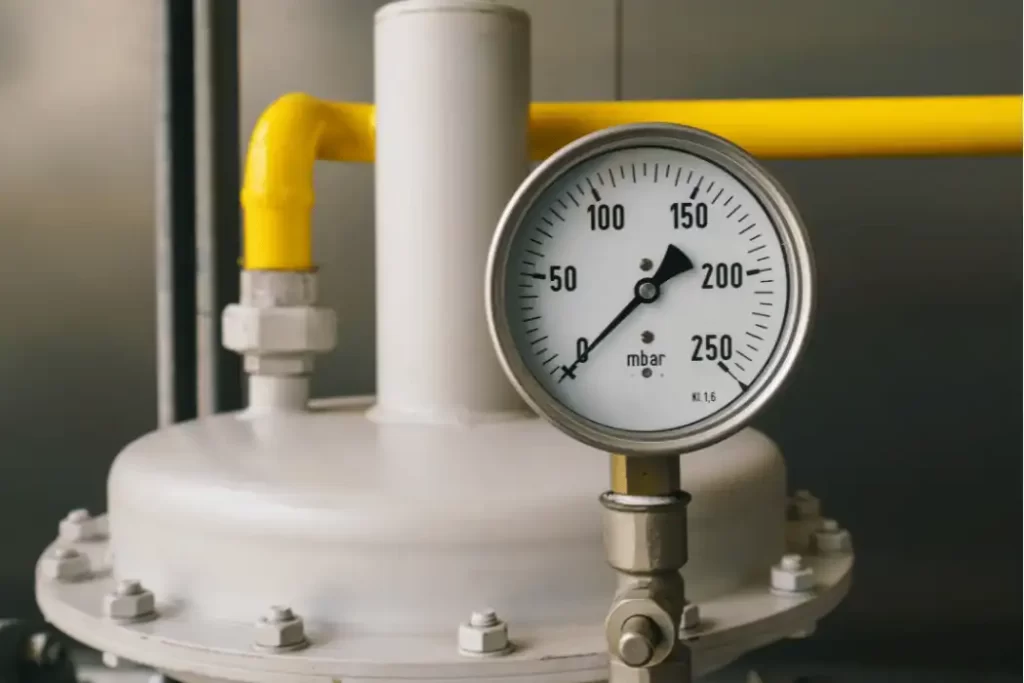Gas sensor play a vital role in various industries and applications, from ensuring safety in hazardous environments to monitoring air quality in homes and buildings. Selecting the right gas sensor is crucial to obtain accurate and reliable data. With so many options available in the market, it can be overwhelming to make the best choice. In this article, we will explore the essential factors and considerations to help you make an informed decision when choosing the right gas sensor for your specific needs.
Gas sensors are devices designed to detect and monitor the presence of specific gases in the environment. They are commonly used in industries such as manufacturing, oil and gas, chemical processing, agriculture, and healthcare. Additionally, gas sensors have become increasingly important in residential settings to detect potentially harmful gases like carbon monoxide (CO) and natural gas. When considering the factors and considerations for choosing the right gas sensor, consulting reputable experts and industry-specific sources of knowledge is essential.
Understanding Gas Sensor
Types of Gas Sensor
There are several types of gas sensors available, each with its specific capabilities and applications. Some common types include:
1. Electrochemical Gas Sensor
Electrochemical sensors are widely used for detecting toxic gases like carbon monoxide, nitrogen dioxide, and hydrogen sulfide. They operate on the principle of chemical reactions producing electrical currents, which are then measured to determine gas concentration.
2. Semiconductor Gas Sensor
Semiconductor sensors are cost-effective and commonly used for detecting combustible gases like methane and propane. They function based on the change in electrical resistance when exposed to the target gas.
3. Infrared Gas Sensor
Infrared sensors are effective in detecting hydrocarbons and carbon dioxide. They work by measuring the absorption of infrared light when the target gas is present.
4. Photoionization Detectors (PID)
PID sensors are excellent for detecting volatile organic compounds (VOCs). They work by ionizing gas molecules using ultraviolet light and measuring the resulting electrical current.
Working Principles
The working principle of a gas sensor varies depending on the type. Understanding the underlying mechanism is crucial in choosing the right sensor for your application.

Identifying Your Application Needs
Before selecting a gas sensor, it is essential to identify your specific application needs. Consider the following factors:
Targeted Gases
Determine the gases you need to monitor. Different gas sensors are designed to detect specific gases, so ensure the sensor can detect the substances relevant to your industry or environment.
Environmental Conditions
Assess the environmental conditions in which the gas sensor will be deployed. Factors such as temperature, humidity, and atmospheric pressure can affect the sensor’s performance.
Detection Range and Sensitivity
Consider the required detection range and sensitivity. Some applications may demand low detection limits, while others might require a broader range to accommodate varying gas concentrations.
Response Time
The response time of a gas sensor is the time it takes to detect the presence of gas and provide a reliable reading. For critical applications, a fast response time is vital.
Accuracy and Precision
The accuracy and precision of the gas sensor’s readings are crucial for obtaining reliable data. Look for sensors with high accuracy and minimal variation in measurements.
Calibration Requirements
Gas sensor require periodic calibration to maintain accuracy. Consider the calibration process and frequency when choosing a sensor for your application.
Power Consumption and Portability
For applications where power availability is limited or portability is essential, opt for sensors with low power consumption and compact size.
Cost and Budget Considerations
Consider the initial cost of the gas sensor and any additional costs, such as maintenance and calibration. Balance the features and capabilities with your budget.
Sensor Longevity and Maintenance
Check the expected lifespan of the gas sensor and the required maintenance to ensure its longevity and optimal performance.
Compliance and Certification
Ensure that the gas sensor meets relevant industry standards and certifications to comply with safety regulations.
User-Friendly Interface
A user-friendly interface with clear display and easy controls simplifies operation and data interpretation.
Integration and Connectivity
Consider the sensor’s compatibility with your existing systems and whether it offers connectivity options for seamless data transfer and analysis.
Data Logging and Analysis
Look for gas sensors that allow data logging for historical analysis and trending of gas concentration levels.
Choosing Between Wired and Wireless Sensors
Decide whether a wired or wireless gas sensor is more suitable for your application. Wireless sensors offer flexibility but may require more frequent battery changes.
Reviews and Recommendations
Read reviews and seek recommendations from industry peers to gain insights into the real-world performance of different gas sensors.
Conclusion
Choosing the right gas sensor requires careful consideration of factors such as the targeted gases, environmental conditions, detection range, accuracy, calibration, and power consumption. By understanding your application needs and evaluating the sensor’s performance, you can make an informed decision that ensures safety, efficiency, and optimal results for your specific requirements.
FAQs
Q: Are gas sensor suitable for home use?
Answer: Yes, gas sensors are essential for home safety, especially for detecting gases like carbon monoxide and natural gas leaks.
Q: Can gas sensors detect multiple gases simultaneously?
Answer: Some advanced gas sensors can detect multiple gases, but most sensors are designed for specific gases.
Q: How often should gas sensor be calibrated?
Answer: Calibration frequency depends on the sensor type and the manufacturer’s recommendations. Generally, every six months to a year is standard.
Q: Are infrared gas sensors better than electrochemical sensors?
Answer: It depends on the application. Infrared sensors are excellent for hydrocarbons, while electrochemical sensors are better for toxic gases.
Q: Can gas sensors be used in explosive environments?
Answer: Yes, certain gas sensors are intrinsically safe and suitable for use in explosive environments.


